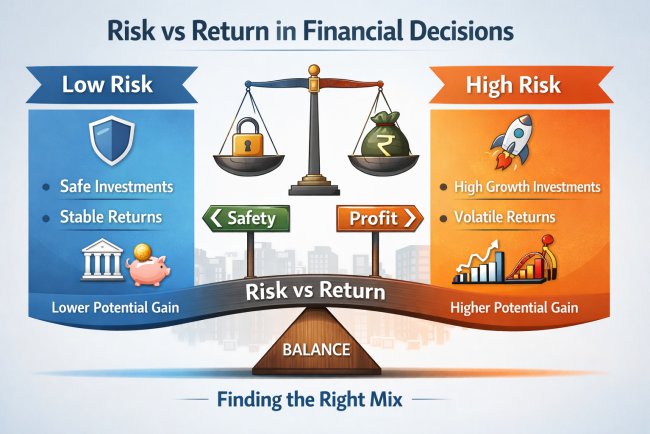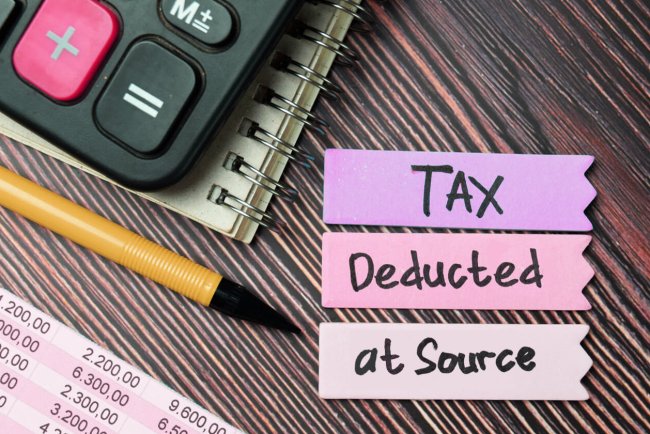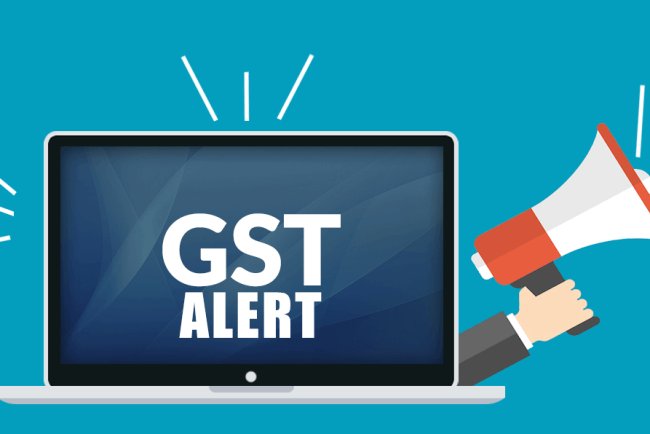How to Build a Personal Development Plan for Career Success
A personal development plan (PDP) outlines a strategic strategy to align specific career goals and actionable steps. To develop this, first look at your professional aspirations and determine your self-performance to identify points of strength and weakness, followed by areas requiring improvement. SMART stands for specific, measurable, achievable, relevant, and time-bound; thereby guiding the movement in pursuit of the goal itself. Identify those three separately to be classified further into short, medium, or long terms, respectively. A roadmap would be developed, showing steps for acquiring new skills, networking, and professional certifications. This plan should be periodically reviewed and updated according to changes in career aspirations and market trends. A well-designed PDP increases focus, and confidence, and ensures steady career progress by keeping one on track with clear priorities. It turns personal growth into tangible success and helps you realize your professional drea
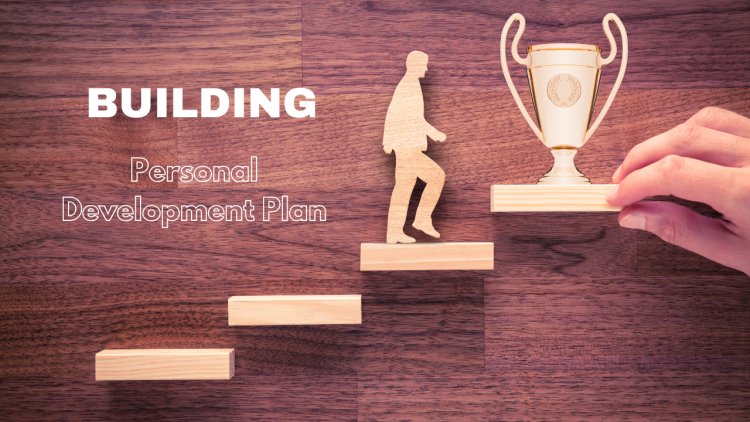
Success in today's competitive professional environment is not achieved overnight. Rather, it needs intentional effort and deliberate planning as well as constant improvement. One sure way of attaining success in your career and realizing your full potential is by building a personal development plan. The individual may be a student studying an Accounting Course or even another professional training, but an appropriately designed personal development plan can lead you to success.
What is a Personal Development Plan?
A PDP is a very easy-to-use, kind of personal guide in your steps that enable you to set career goals, analyze your skills, and identify the steps needed for growth. It helps in developing skill improvement, learning, and personal traits from where you are now to where you want to be.
Why is a Personal Development Plan Important?
1. Goal Clarity: A PDP helps you write down clear goals for your career. The better defined your objectives, the more concentrated your efforts.
2. Skill Acquisition: It informs you about skills that need to be acquired or mastered, be it an Accounting and Taxation course or mastering some new software.
3. Motivation Increased: It provides measurable milestones; hence, there is increased motivation with a plan.
4. Adaptability: It makes you adaptable to changes in your industry or career path due to continuous learning.
5. Building Confidence: You will boost your confidence, as well as reinstate a positive attitude through tracking progress.
Steps in Creating a Personal Development Plan to Ensure Career Success
1. Self-Assessment
SWOT analysis: Analyze your strengths, weaknesses, opportunities, and threats. Reflect on your previous successes, skills, and shortcomings. For instance, if you want to work in finance, take time to understand how much you know about financial principles, law, or financial analysis.
Questions to Ask:
- What are my key skills?
- What are my goals?
- What's holding me back?
2. Set Clear Goals
Define specific, measurable, achievable, relevant, and time-bound (SMART) goals. These goals should align with your long-term career vision.
For example:
- Short-term Goal: Complete a course in accounting within six months.
- Medium-term Goal: Gain certification in a taxation course to enhance your expertise.
- Long-term Goal: Secure a leadership role in the finance industry.
3. Identify Required Skills and Knowledge
Once you have set your goals, identify the skills and knowledge you need to achieve them.
This may involve:
- Enrolling in professional courses such as an accounting or a GST course.
- Developing soft skills like communication, time management, and problem-solving.
- Acquiring technical expertise in tools or software relevant to your field.
4. Create an Action Plan
Break down your goals into actionable steps. Allocate timelines and resources to each step so that progress is steady.
For example:
Step 1: Research the best accounting courses online and enroll in one by the end of the month.
Step 2: Study and practice for two hours every day.
Step 3: Attend workshops or webinars on taxation to gain practical insights.
5. Seek Mentorship and Feedback
Experience-based guidance and insights can be very valuable from mentors. Connect with professionals in your field, attend networking events, or participate in online forums. Regular feedback from mentors, peers, or supervisors can help you refine your approach and stay on track.
6. Monitor and Evaluate Progress
Review your PDP regularly to check on your progress. Use tools such as journals, spreadsheets, or apps to track your achievements. You can celebrate your milestones to stay motivated and change your plan if necessary.
Example Evaluation Checklist
- Have I completed the accounting course as planned?
- Have I gained practical knowledge from the taxation course?
- Am I applying newly acquired skills in my job?
How Professional Courses Enhance Personal Development
Enrolling in professional courses like accounting and taxation will contribute most to your personal development.
Here's how you can do that:
1. Skill Enhancement
An accounting course provides practical knowledge with regard to technical skills required today in the job market. Whether it is mastering financial reporting or understanding complex taxation laws, such skills transform you into a valuable asset for any organization.
2. Career Advancement
A taxation course will help you get certification, which will open doors to new career opportunities. Specialized training shows that you are committed to professional growth, and employers value candidates with such skills.
3. Networking Opportunities
Professional courses offer you the opportunity to connect with industry experts and peers, expanding your professional network.
4. Increased Confidence
New skills boost your confidence and prepare you for higher responsibilities and leadership roles.
How to Bring Personal Development into Your Daily Life
Personal development is a continuous process. Here are some tips to integrate it into your daily routine:
- Dedicate Time for Learning: Allocate specific hours each week for learning and skill enhancement.
- Practice Self-Reflection: Regularly reflect on your achievements and areas for improvement.
- Read and Research: Stay updated with industry trends by reading books, blogs, and articles related to your field.
- Organize Your Self: Use calendars or task management apps to prioritize your activities.
Overcoming Obstacles to Personal Development
When developing a personal development plan, you may encounter several obstacles ranging from time considerations to financial constraints or a lack of self-confidence to pursue personal growth.
Here is how to overcome them:
1. Time Management: Manage your schedule to eliminate the distractions away from your focused scheduled activity.
2. Financial Planning: Identify low-cost or no-cost materials, such as online accounting classes or taxation instruction.
3. Building Resilience: Focus on your objectives and have mentors or colleagues who can provide encouragement when things do not go right.
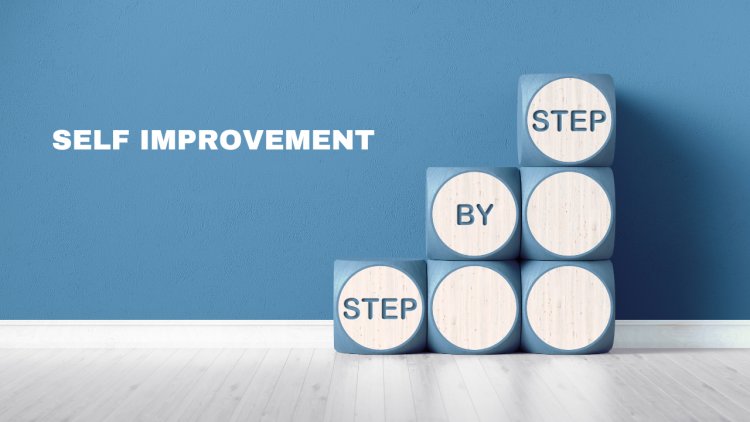
Case Study: Professional Success through Self-Improvement
Take the case of Priya, a finance professional seeking to become a manager. Priya developed a personal development plan based on the following:
1. Registration in an advanced accounting course: She took an advanced accounting course for technical knowledge upgradation.
2. Taxation: She got certified under taxation laws. This added a lot of value to her skills.
3. Soft Skills Development: Priya attended workshops for leadership and communication skills to face managerial responsibilities.
4. Seeking Mentorship: Regular feedback from her mentor kept Priya on track and delivered the desired output.
Today, Priya leads a successful team, thanks to her commitment to personal development.
Conclusion
One must set clear goals in the building of a personal development plan toward a career success journey. Setting appropriate skills and continuously being on one's toes through constant improvement brings such goals closer. It might mean signing up for some courses, or maybe improving your soft skills; these steps count as well. Do it today by signing up for your future with the best possible personal development plan.
What's Your Reaction?







